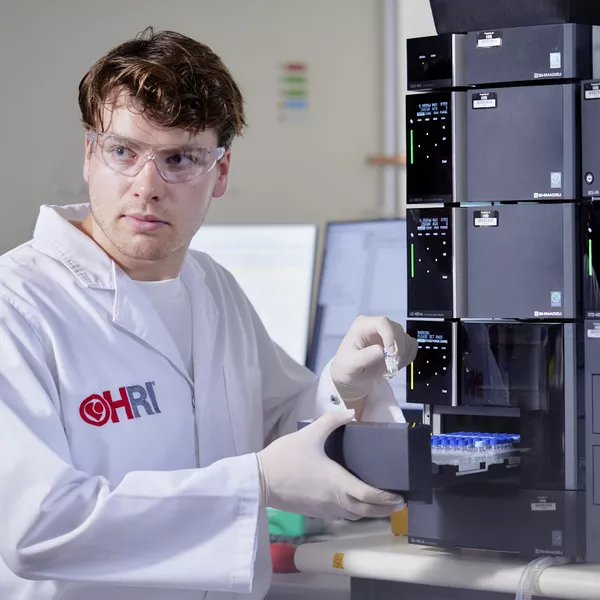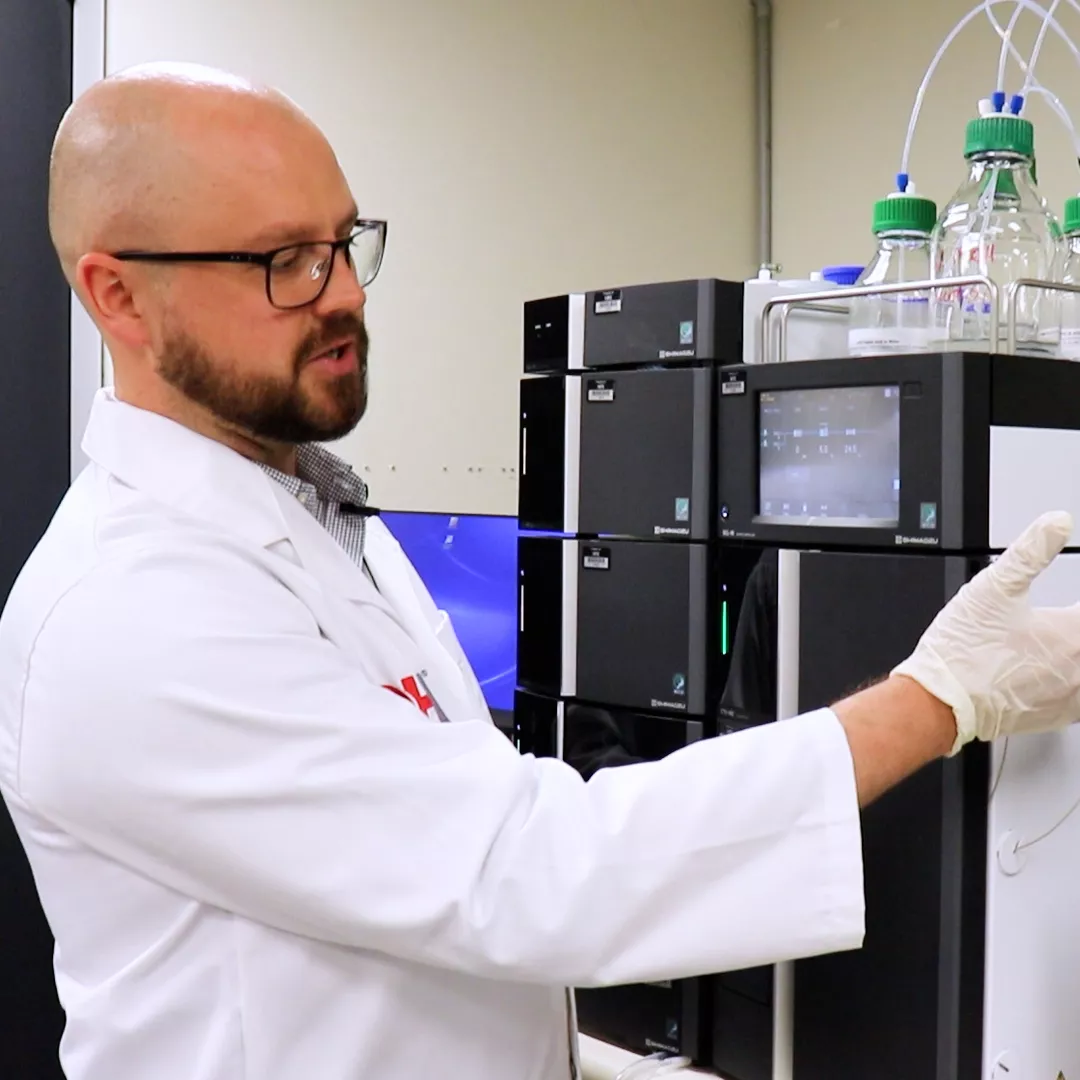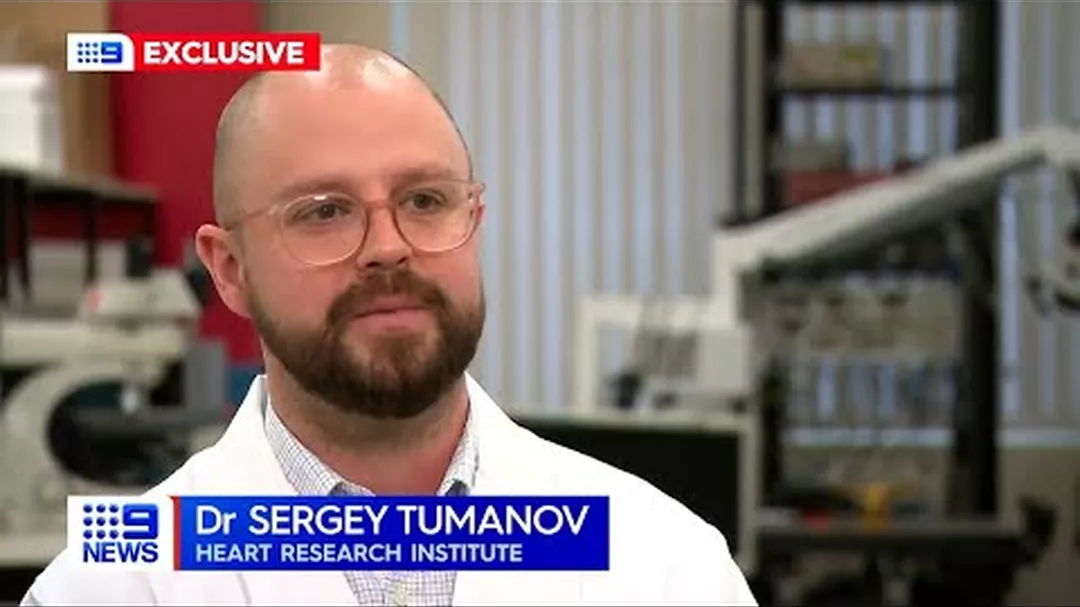
“We could take a patient sample and run it through a multi-layer system to understand what’s happening within their cells, organs, and the body, to generate a ‘chemical fingerprint’ for that individual. The supporting statistics will allow for data to be extrapolated forwards to predict your likelihood of developing cardiovascular disease, and what treatments will work best. This is incredibly powerful. And it could all come from a series of simple blood tests.”
Despite medical advances, one in four Australians will die from cardiovascular disease, with one life lost every 12 minutes.
Dr Tumanov said despite the huge impact cardiovascular disease has, experts still do not understand why it develops and progresses differently in each patient.
HRI is calling on donations from the public, as part of their end of year tax appeal, to fund a mass spectrometer – a state-of-the-art piece of equipment that will allow them to deeply analyse molecular changes over time.
The fluxomics machine, which looks like a computer drive and is the size of a small fridge, will create a database of molecular fingerprints that will then help doctors decipher the unique biological needs of each patient for more personalised treatments.
Using the mass spectrometer, Dr Tumanov and his team at HRI will work to unlock some of the key mysteries of cardiovascular research to develop a critically deeper understanding of how and why cardiovascular disease is formed, including why people who lead a healthy lifestyle still get cardiovascular disease, why current treatments work well for some people but not for others, and why women and men develop the disease differently.
For Dr Tumanov, the research is also personal.
“My father has had two heart attacks and a heart bypass, and my grandfather died of a heart attack. Only standard treatment was available to them. We need to understand the unique health needs of each person so that we can give each and every heart the best possible outcome,” Dr Tumanov said.


